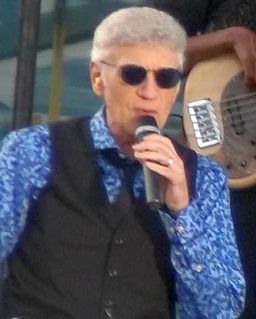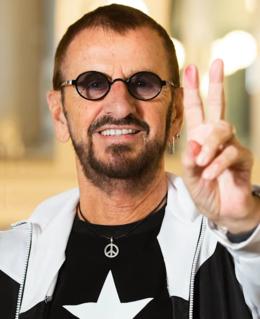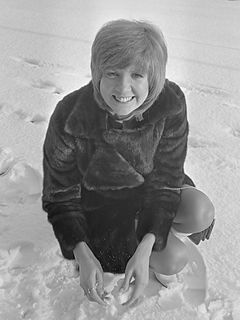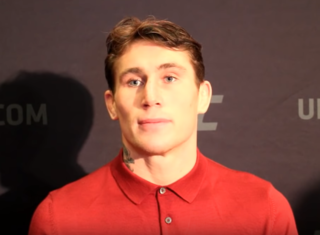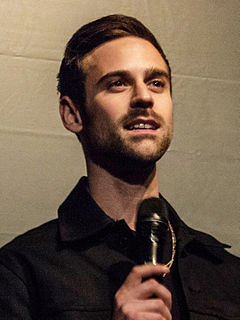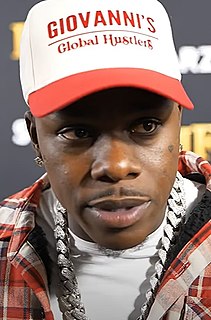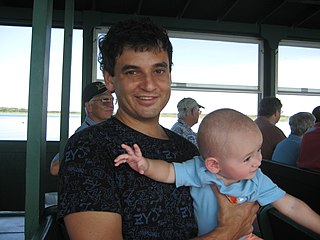A Quote by Dennis DeYoung
Nobody can beat those songs on 'Abbey Road.'
Related Quotes
I bring up 'The Heist,' and you can almost cut that record down the middle between songs where the beat came first and the words came second, and songs where the words came first and the beat came second. It can start with a vibe, a beat that drives a story, or it can start with a story and then trying to identify the tone to tell that story right.
And I thought about how many people have loved those songs. And how many people got through a lot of bad times because of those songs. And how many people enjoyed good times with those songs. And how much those songs really mean. I think it would be great to have written one of those songs. I bet if I wrote one of them, I would be very proud. I hope the people who wrote those songs are happy. I hope they feel it's enough. I really do because they've made me happy. And I'm only one person.
But yet, but yet, woe, woe unto those who think that the Beat Generation means crime, delinquency, immorality, amorality ... woe unto those who attack it on the grounds that they simply don't understand history and the yearning of human souls ... woe in fact unto those who make evil movies about the Beat Generation where innocent housewives are raped by beatniks! ... woe unto those who spit on the Beat Generation, the wind'll blow it back.
